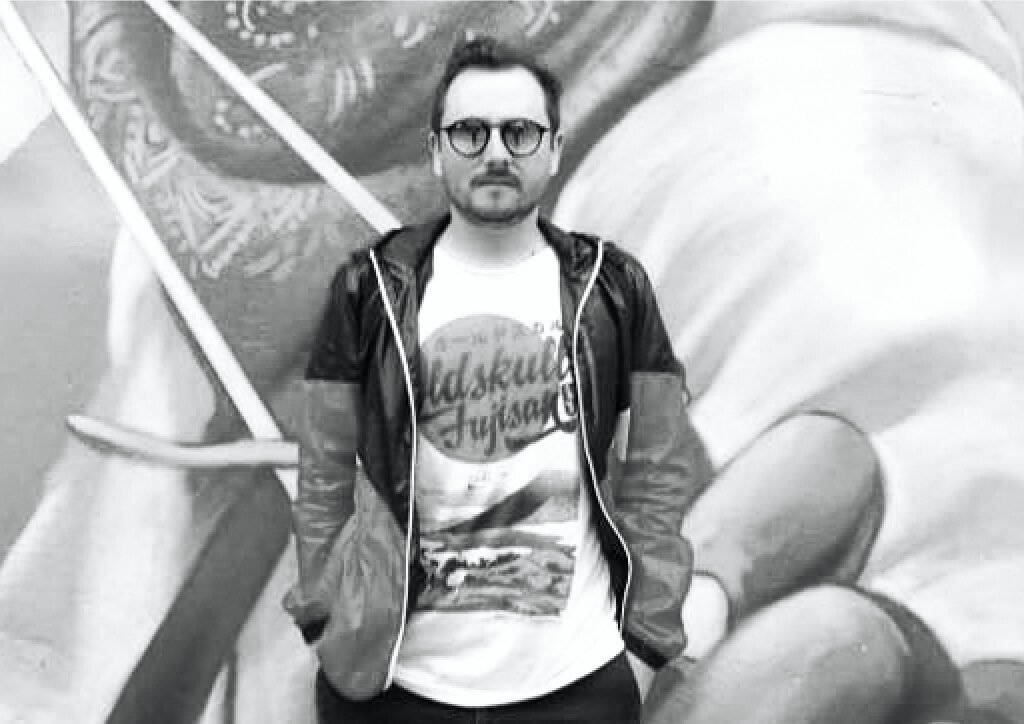CHAGRA It is aimed at storytellers who work from the heart of the stories and who, day by day, put their integrity on the line to create content about issues that affect their communities of origin.
CHAGRA It is the network of visual and community storytellers created by BaudóAP with the purpose of strengthening the presence and active participation of storytellers within communities.

Our Goal is not only to increase storytellers' ability to influence narratives for social change in line with the needs of the communities but also to create spaces for training, production, and dissemination of stories.
The work of CHAGRA with the community storytellers who are part of the network revolves around four fundamental pillars:
1. Strengthen the content creation skills of visual and community storytellers, and fund journalistic projects in three thematic areas: climate change, gender, and racial justice.
2. Promote networking and encourage the circulation and/or dissemination of the content created by the storytellers.
Make visible and disseminate the opinions, perspectives, and projects of the communities to which the storytellers belong on issues such as climate change, gender, and racial justice.
4. Establish a narrative on climate change, gender, and racial justice that is based on respect and a deep understanding of these issues.




Álvaro Cardona is a Colombian documentary filmmaker. For over a decade he has focused his work on the defense of human rights through photography and cinema. He has been awarded the most important human rights photography award in Colombia, the National Colombian-Swiss Human Rights Photography Award for his project “Father, Son and Armed Spirit”.
Actualmente, se encuentra co produciendo con la Universidad de Columbia de los Estados Unidos, un documental sobre la partería en medio de la guerra y se encuentra en fase de producción de su primer largometraje “ABINAAR” premiado con el FDC en la categoría de “Desarrollo e investigación”‘ así como la escritura de su proyecto transmedia “Flor y Luís”.
Álvaro es Comunicador Social y Periodista de la Universidad de Manizales con Maestría en Documental de Creación en la Escuela Internacional de Cine y Televisión (EICTV) de San Antonio de los Baños – Cuba.